Curriculum Links
Australian Curriculum
Multi-cellular organisms contain systems of organs that carry out specialised functions that enable them to survive and reproduce (ACSSU150)
– identifying the organs and overall function of a system of a multicellular organism in supporting the life processes
– describing the structure of each organ in a system and relating its function to the overall function of the system
– examining the specialised cells and tissues involved in structure and function of particular organs
Science knowledge can develop through collaboration across the disciplines of science and the contributions of people from a range of cultures (ACSHE226)
– considering how advances in technology, combined with scientific understanding of the functioning of body systems, has enabled medical science to replace or repair organs
– researching the use of reproductive technologies and how developments in this field rely on scientific knowledge from different areas of science
NSW
LW3 Multicellular organisms contain systems of organs that carry out specialised functions that enable them to survive and reproduce. (ACSSU150)
b. explain that the systems in multicellular organisms work together to provide cell requirements, including gases, nutrients and water, and to remove cell wastes
c. outline the role of cell division in growth, repair and reproduction in multicellular organisms
e. describe the role of the digestive, circulatory, excretory, skeletal/muscular and respiratory systems in maintaining a human as a functioning multicellular organism
LW4 Scientific knowledge changes as new evidence becomes available, and some scientific discoveries have significantly changed people’s understanding of the world. (ACSHE119, ACSHE134)
Students:
a. research an example of how changes in scientific knowledge have contributed to finding a solution to a human health issue
b. recount how evidence from a scientific discovery has changed understanding and contributed to solving a real world problem, eg animal or plant disease, hygiene, food preservation, sewage treatment or biotechnology
c. describe, using examples, how developments in technology have contributed to finding solutions to a contemporary issue, eg organ transplantation, artificial joints/limbs, treatment for diabetes, asthma, kidney or heart disease
d. give examples to show that groups of people in society may use or weight criteria differently in making decisions about the application of a solution to a contemporary issue, eg organ transplantation, control and prevention of diseases and dietary deficiencies
VIC
VCSSU094
Multicellular organisms contain systems of organs that carry out specialised functions that enable them to survive and reproduce
– examining the specialised cells and tissues involved in structure and function of particular organs
– describing the structure of each organ in a system and relating its function to the overall function of the system
– identifying the organs and overall function of a system of a multicellular organism in supporting life processes
– comparing similar systems in different organisms, for example, digestive systems in herbivores and carnivores, respiratory systems in fish and mammals
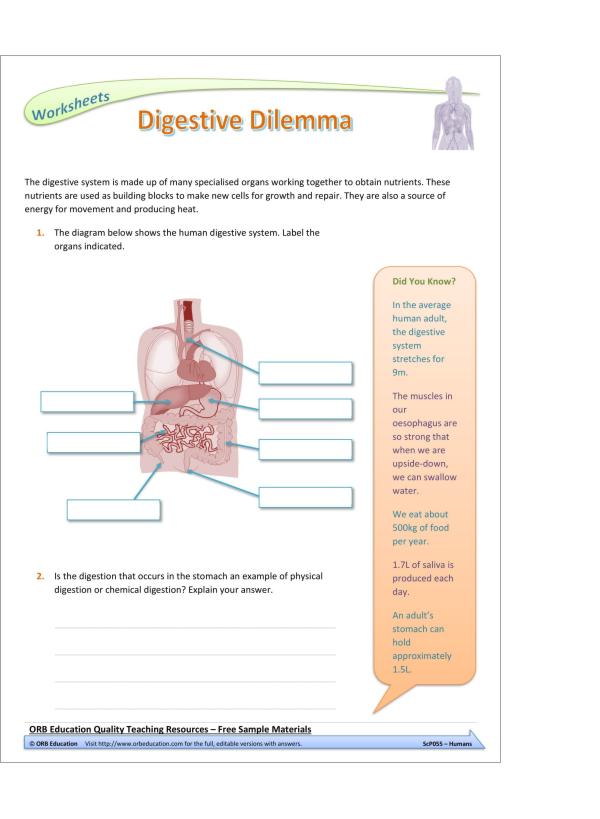
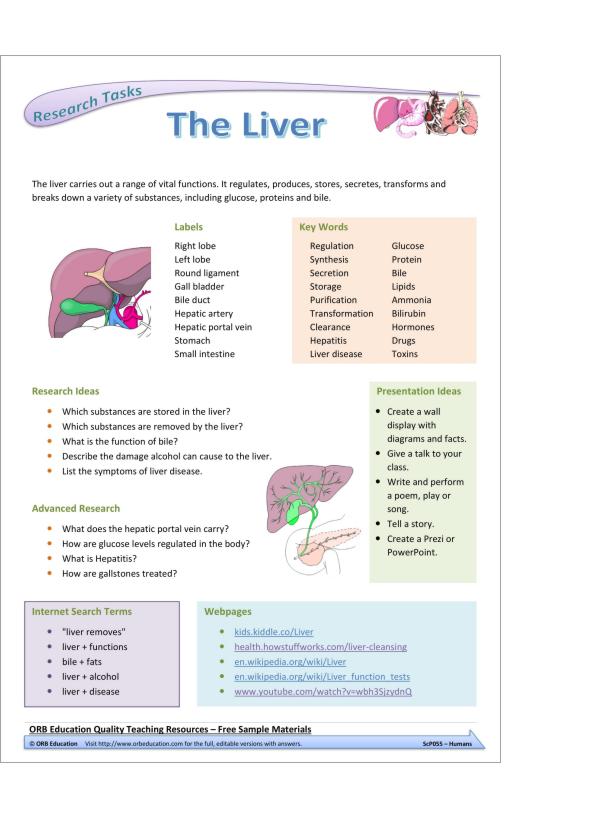

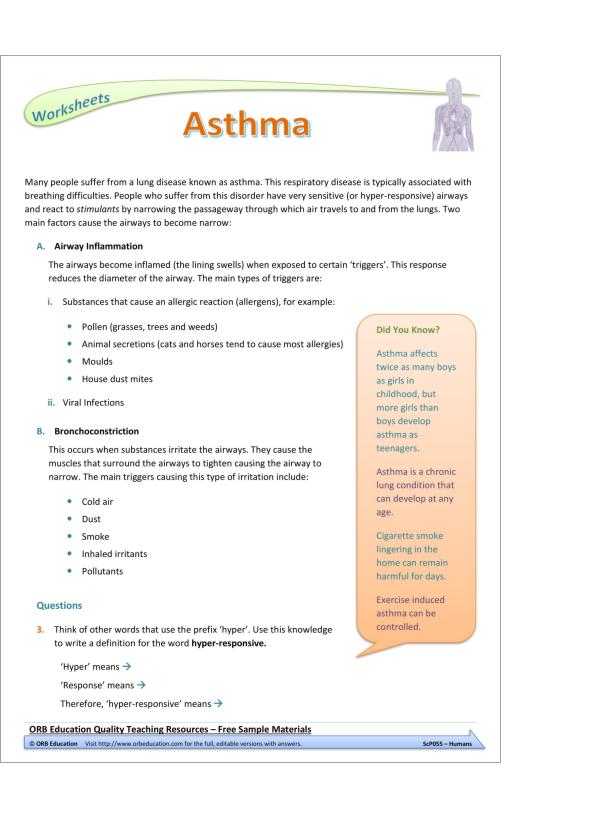
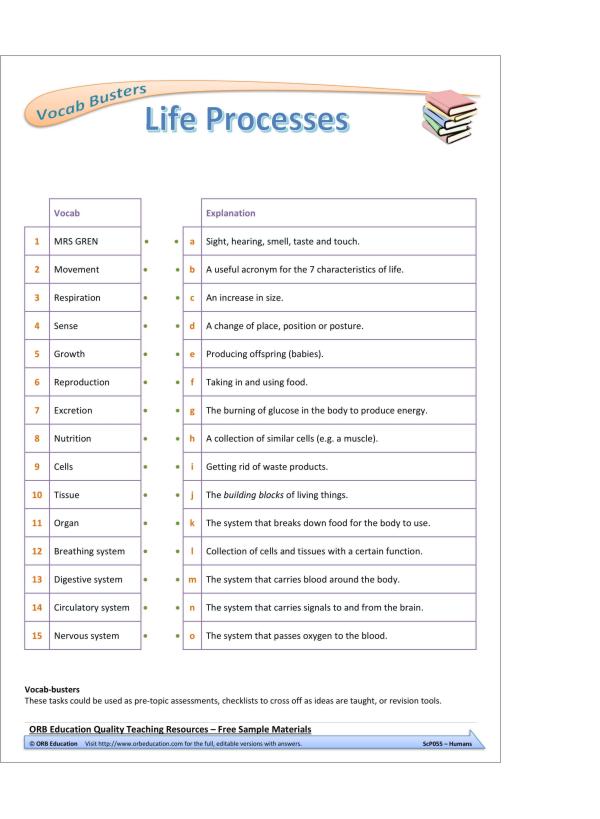
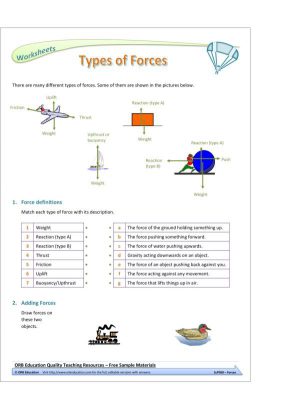
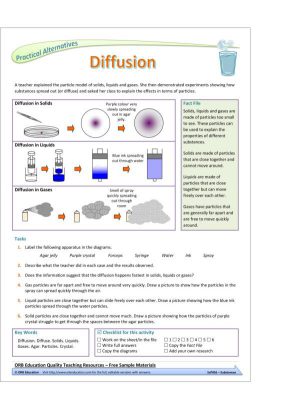
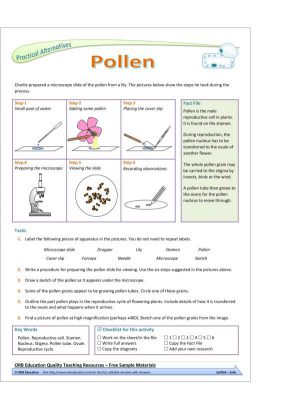
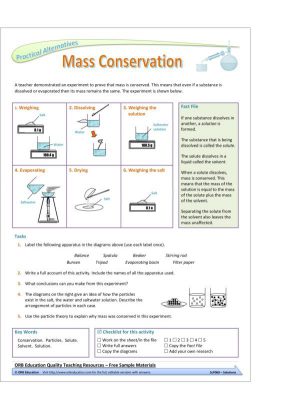
Reviews
There are no reviews yet.